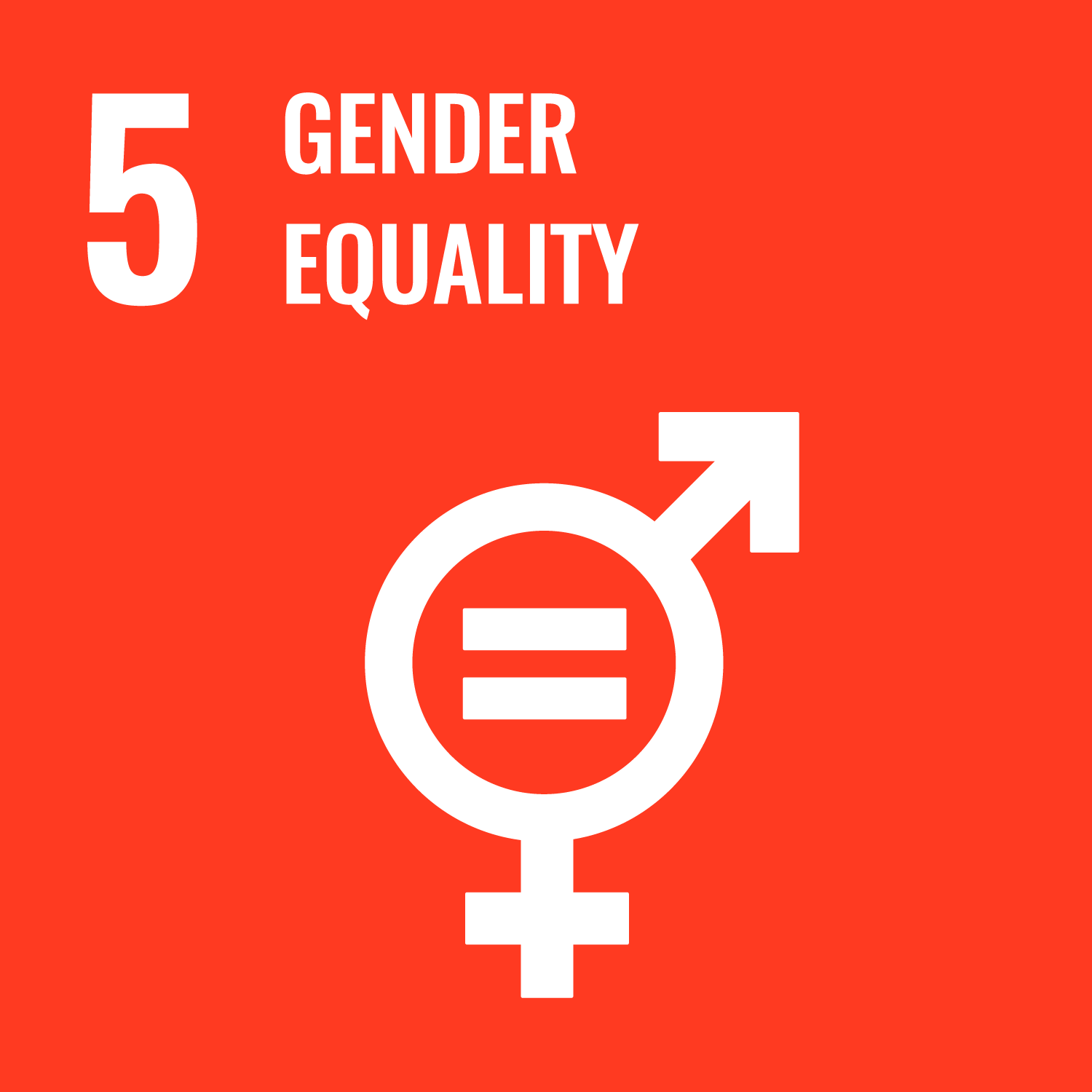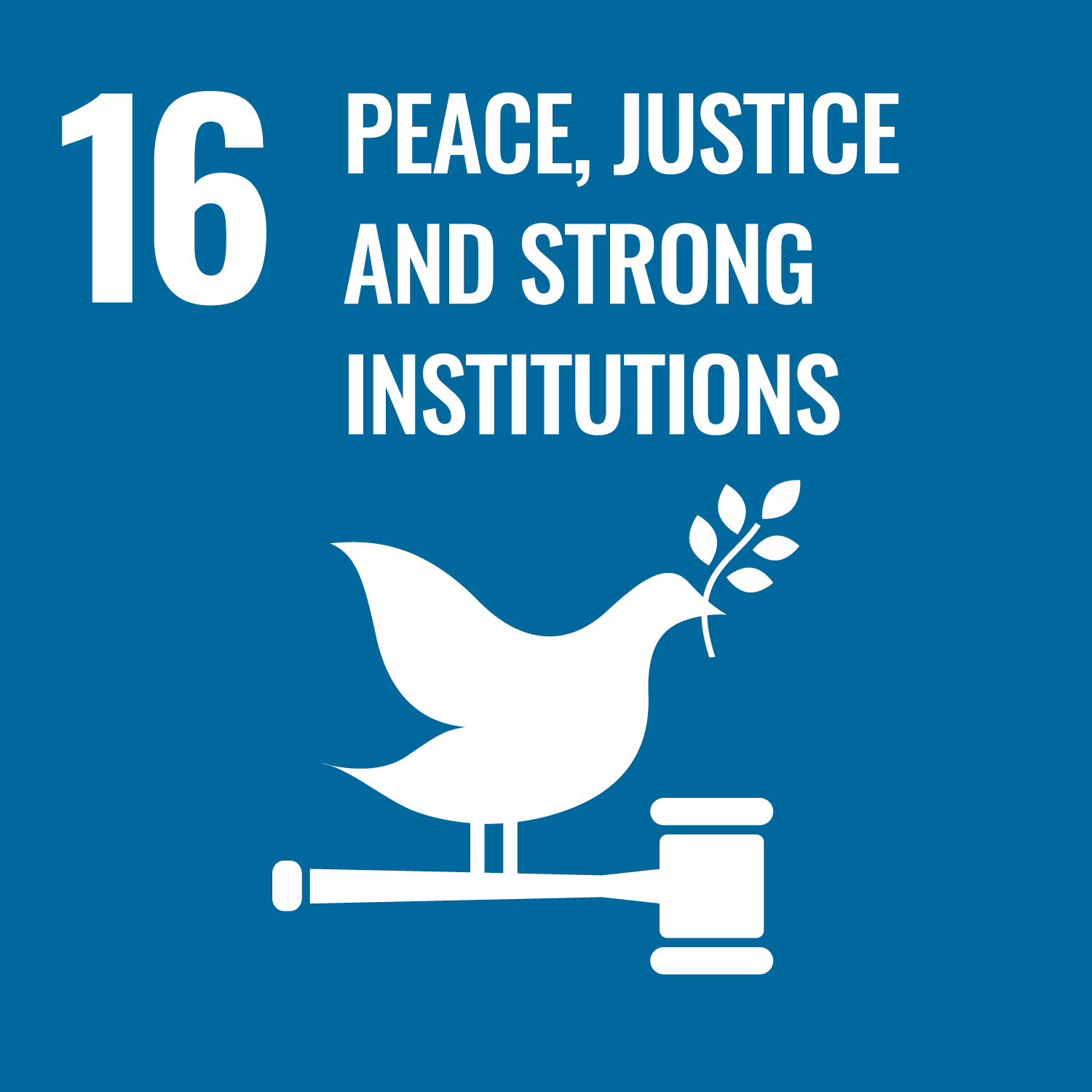Forward Outcomes Partnerships
This project is also known as Midlands Regional Pause Hub
Aligned SDGs


- Forward Outcomes Partnerships
- General overview
- Location
- Involved organisations
- Outcome metrics
- Results
- Spreadsheet of data
- Forward Outcomes Partnerships
- General overview
- Location
- Involved organisations
- Outcome metrics
- Results
- Spreadsheet of data
General overview
Stage of development: Implementation
Policy sector: Child and family welfare
Start date of service provision: Feb 2020
Anticipated completion date: Sep 2026
Capital raised (min/max investment): GBP 908k (USD 1.13m) - GBP 1.79m (USD 2.22m)
Max potential outcome payment: GBP 5.64m
Service users: 200 individuals
Intervention
Support women that have had, or are at risk of having, multiple children removed from their care
Target population
Women who have experienced, or are at risk of experiencing, at least two episodes of care proceedings leading to the removal of one or more of their children into care
Location
Country
- United Kingdom
Service delivery locations
- Derbyshire County Council
- Northamptonshire County Council
- Worcestershire County Council
- Plymouth City Council
Involved organisations
Configuration of contracting parties:
- Intermediated. Outcome payer holds contract with Forward Outcomes Partnerships, which is owned by the investor
- QBE Insurance Group
- Big Society Capital
- Project Snowball
- Pilotlight
- The Prince of Wales's Charitable Fund
- Guy's and St Tomas' Charity
- Trust for London
- Ceniarth
- Local government pension schemes
- Merseyside
- Global Business Insurer QBE
- Greater Manchester Pension Fund
- Development Bank of Japan
- Bank Workers' Charity
Outcome metrics
- Metric 1: Woman is engaged with Pause programme
- Metric 2: Woman successfully completes Pause programme
- Metric 3: Women are able to adequately care for further children
Results
This project started delivering services in February 2020 and will finish in September 2026. Data was last updated in March 2024. These are interim results.
Outcome achievements
Overall target is based on the high case scenario defined in the Life Chances Fund Final Award Offer or Variation Agreements.
The graph above shows interim results for the project’s outcome achievements. Each bar represents a key participant outcome or metrics. Each metric is detailed above the graph (under the ‘Outcome metrics’ section of this page). Users can hover over the bars to access data on the expectations and achievements for that particular metric. Labels at the top of the bar represent the overall expectations for specific metrics, for the entire life of the project. The coloured section of the bar represents the project’s achievements so far.
Each bar takes the unit of analysis of the metric (if the metric is measured in number of individuals, the bar graph is representing individuals achieving that metric. If the metric is measured in weeks, the bar graph is representing weeks).
A note on targets (or expectations): the graph above shows the latest targets for the project. These targets are based on the best-case scenario expectations for every project. These targets may be different from the targets set at the start, as projects adapt to unexpected challenges or changes in circumstances. In addition, these targets could also work as a ‘cap’ for payments. We offer these parameters as a reference on outcome achievement projections. If projects are under implementation, they are not expected to have achieved any of these targets yet.
The intermediary organisation's comment on this graph:
'The Midlands Regional Pause Hub outcome contracts are the second iteration of outcomes contracts that support vulnerable women at risk of recurrent removals in the UK. The design of the outcomes contracts built on the learning generated by the first Pause outcomes contract that was launched in Plymouth in April of 2019. Amongst other things, one of the changes included in the Midlands Regional Pause Hub was to recognise the enrolment and completion outcomes (that were amalgamated together in the Pause Plymouth outcomes contract) as two separate outcomes in the rate card.
All outcomes contracts in the Midlands Regional Pause Hub have performed better than expected in terms of volumes and success rates. The Derbyshire outcomes contract has already reached its contract cap. Northamptonshire and Worcestershire are currently supporting their second community of women, with the outcomes from these two outcomes contracts expected to be above target.
In the Midlands Regional Pause Hub, 94% of women who start on the programme go on to complete the intervention, which is a 20% higher completion rate than in comparable fee for service delivery.'
Outcome payments
The graph above shows interim outcome payment results. The x-axis displays the years since the start date of the project to the anticipated completion date. The y-axis represents the value of the payments for outcomes realised by participants in the programme. The aim of this graph is to enable users to compare the initial expectations of the project against the actual value of the outcomes that were achieved.
The dotted lines represent the different plans that projects had at different moments- labelled as ‘Plans’ in the key. The data for these dotted lines (or single dotted line) comes from the outcome payment profiles that projects shared with the commissioners and their values represent expectations according to 'best-case scenarios' (if projects achieved as many outcomes as possible). There are different dotted lines as projects can renegotiate their payment plans as they face changes that affect delivery (such as the COVID pandemic) or adjust their expectations during the life of the project. Each dotted line is made of a set of points. Each point represents a quarter. Users can hover over those points and access data on the expectations for that quarter.
The solid line shows the outcome payments that the project already claimed and received- labelled as ‘Actual’ in the key. Squared points on the 'Actual' line indicate that the payment for that quarter was a COVID-19 medium-scenario grant. This was one of the temporary funding options offered to projects during the COVID-19 pandemic (this included activity payments based on projected medium-case performance scenarios). On the top-right corner, the ‘Plans’ and ‘Actual’ lines can be selected and deselected to change which lines appear in the graph.
A note on the representation of different payment profiles (or plans): when Life Chances Fund projects reprofile their payment plans, they use a template provided by the National Lottery Fund. When they complete data for the past quarters, some projects preferred to leave those cells blank, other preferred to repeat the previous expectations and other decided to complete those cells with data from actual payments. To avoid confusions around these different criteria, we start representing a plan from the moment when the plan is valid.
The intermediary organisation's comment on this graph:
'The Midlands Regional Pause Hub has consistently performed better than expected in terms of volumes and success rates.'
Spreadsheet of data
Important Notice and Disclaimer on INDIGO Data
INDIGO data are shared for research and policy analysis purposes. INDIGO data can be used to support a range of insights, for example, to understand the social outcomes that projects aim to improve, the network of organisations across projects, trends, scales, timelines and summary information. The collaborative system by which we collect, process, and share data is designed to advance data-sharing norms, harmonise data definitions and improve data use. These data are NOT shared for auditing, investment, or legal purposes. Please independently verify any data that you might use in decision making. We provide no guarantees or assurances as to the quality of these data. Data may be inaccurate, incomplete, inconsistent, and/or not current for various reasons: INDIGO is a collaborative and iterative initiative that mostly relies on projects all over the world volunteering to share their data. We have a system for processing information and try to attribute data to named sources, but we do not audit, cross-check, or verify all information provided to us. It takes time and resources to share data, which may not have been included in a project’s budget. Many of the projects are ongoing and timely updates may not be available. Different people may have different interpretations of data items and definitions. Even when data are high quality, interpretation or generalisation to different contexts may not be possible and/or requires additional information and/or expertise. Help us improve our data quality: email us at indigo@bsg.ox.ac.uk if you have data on new projects, changes or performance updates on current projects, clarifications or corrections on our data, and/or confidentiality or sensitivity notices. Please also give input via the INDIGO Data Definitions Improvement Tool and INDIGO Feedback Questionnaire.